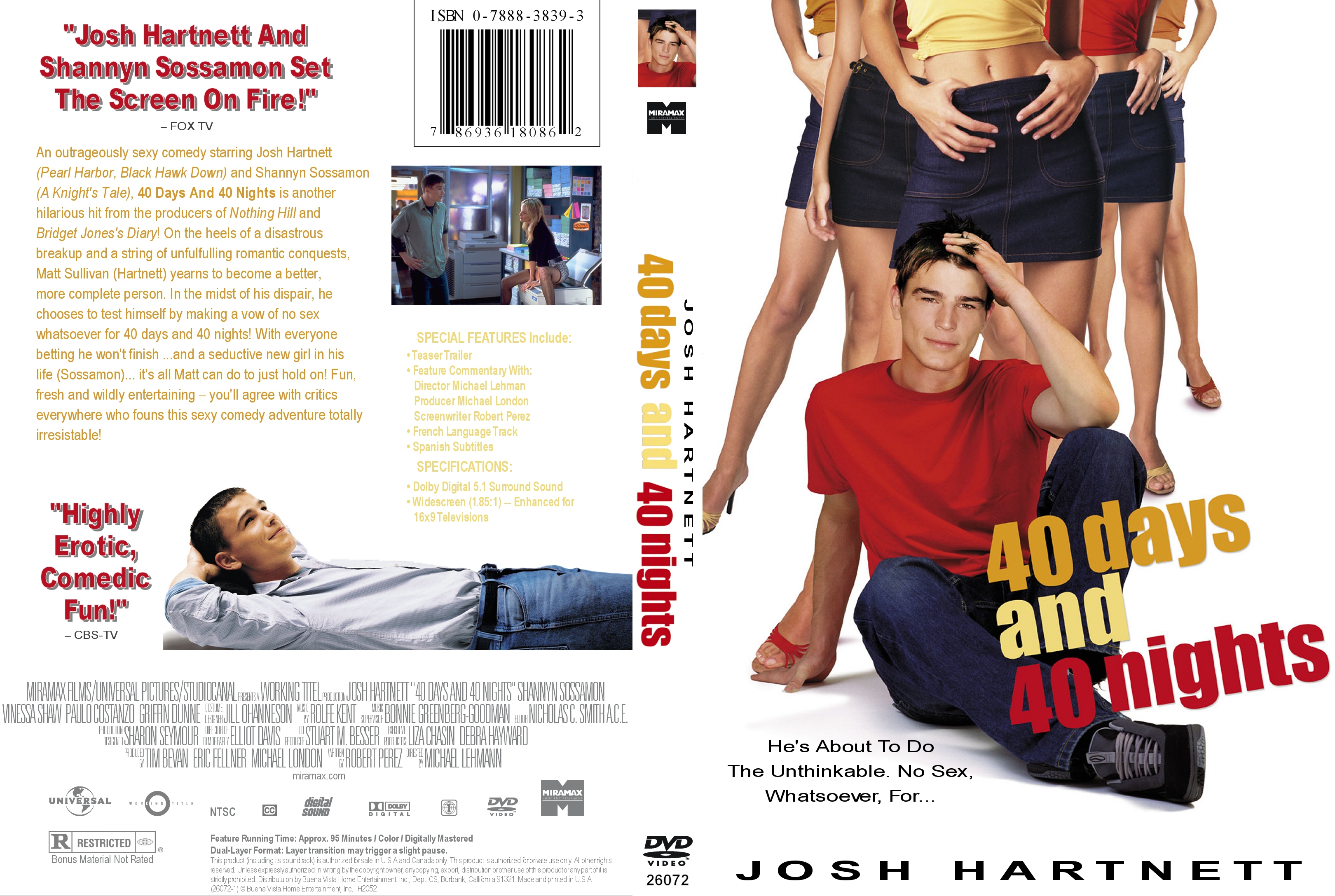

the music surprisingly (to me, anyway) accessible (with one tune going round my head even now)." Track list Original version Īll lyrics by Vairamuthu, except track "Alaipayuthey", written by Oothukkadu Venkatasubba Iyer and rap portion of "Endrendrum Punngai" written by Praveen Mani. Based on the 5.1 surround DVD release, James Grey stated, "The soundtrack is obviously heavily dubbed, which is not the disk's fault, and while the music doesn't have particular weight it comes across nicely enough. Louis International Film Festival, critic Rich Cline called the music exuberant and colourful. Methil Renuka of India Today praised the music of the film, calling it 'great'. Now they come with added flavour in the form of excellently captured visuals and scenic presentations." However, the song "September Madham'' was criticized to obstruct the smooth flow of scenes with music. Rahman's numbers are already a hit – be it "Pachchai Niramae'' zestfully rendered by Hariharan or the melodious "Snegithanae'' or "Yaaro Yaarodi''. Rahman made her sing the raag Sindhu Bhairavi for half an hour whose portions were used in a scene when the lead actress was hospitalized in the film.Ĭritical response Original version Ĭritic based at The Hindu asserted, "A. Singer Bombay Jayashri recorded for the film score.

The track "Evano Oruvan" which has an Egyptian base to its composition. Rahman added additional beats to the track. The title track "Alaipayuthey" was originally composed by the Carnatic music composer Oothukkadu Venkata Subbaiyar, who also set it to the raagam 'Kaanada'. "Maangalyam" song consists of nuptial mantras interspersed with lyrics of "Endrendrum Punngai". The track was used in the 2008 film The Accidental Husband. "Yaaro Yarodi" is a rustic number that blends of folk instrument sounds appearing intermittently. The track "September Maadham" is a funky track, loosely based on fast paced R. The song was regarded as 'Beach Song' by Ratnam. "Kaadhal Sadugudu" consists guitar riffs, based on the IndiPop and coming of age genre. However, the video edit version was used in all the three film versions. The video edit version was released only as a bonus track on the soundtrack and cassettes of Alaipayuthey (Original version) and not on Sakhi (Telugu dubbed version). "Snehithane Snehithane" has a video edit version, with additional opening vocals by Ustaad Rashid Khan. The track is based on the Shringaar raag. The track "Snehithane Snehithane" is an ode by a wife to the husband. The track was filmed at Taj Mahal, village, lake, forests of Kashmir. For Pachchai Nirame, Rahman ensured to use the timbres effectively so that the picturisation of the song matches to the tune. Additionally, the track has sounds of flute, violins and percussions. However, Rahman used light percussion, gently strummed acoustic guitars and layered the acoustic and synthesized versions of the same instrument. The song uses reverberating effect throughout its length. Sreeram used different color lenses as per the lyrical lines while filming this track. The song is based on the raga " Kharaharapriya" and brings out the relaxing effect by using the facets of the musical scales. The track is influenced by the instrumental works of Kitaro. The lyrics of the track "Pachchai Nirame" are based on colours. However, by the end of filming, nine songs were recorded. Initially, director Mani Ratnam wanted A. The film score achieved cult status after the release of the film. Rahman won the Filmfare Award for Best Music Director in 2000. The original soundtrack sold over six lakh cassettes, and A. The soundtrack was well received by the audience and received a number of awards held in the subsequent year. A film, initially planned with film score, the recording of the songs eventually took place. The soundtrack of Alaipayuthey was unanimously hailed as a Mani Ratnam film soundtrack turning for rhythmic fusion using modern synthesizers. The soundtrack album consists of nine tracks in original Tamil version of the albums whereas the Telugu version of the album has seven tracks. Rahman, to the 2000 Indian Tamil film of the same name.

Alai Payuthey is the soundtrack album, composed by A.


 0 kommentar(er)
0 kommentar(er)
